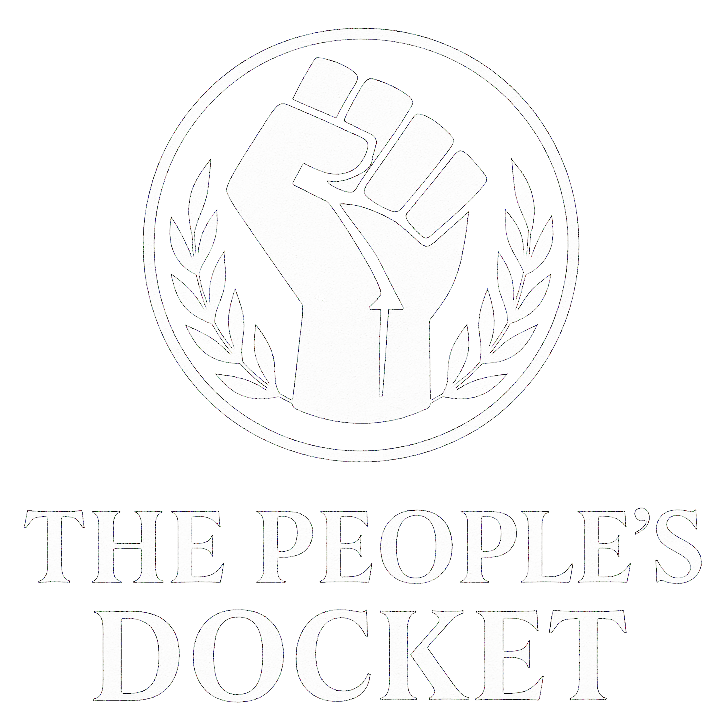Freedom of Speech, Religion, Press, Assembly, and Petition
🔹 What It Guarantees
You can say what you believe without government punishment.
You can practice (or not practice) any religion freely.
You can publish information — newspapers, blogs, media — without censorship.
You can peacefully gather in groups (protests, marches, meetings).
You can petition your government (write letters, demand policy changes, protest) without retaliation.
🔹 How Officials Break This Right
Silencing criticism: A mayor, judge, or police chief retaliates when someone calls out corruption or abuse.
Targeting religion: Schools or agencies discriminate against someone’s religious clothing, prayer, or choice not to participate.
Censoring the press: Denying access to journalists, blocking public records, or threatening reporters who investigate wrongdoing.
Suppressing assembly: Police unlawfully break up peaceful protests or intimidate citizens exercising their right to gather.
Punishing petitions: Officials retaliate against people who file complaints, speak at council meetings, or sign petitions.
🔹 What It Looks Like in Everyday Life
Speech:
You criticize a city official on Facebook, and suddenly you’re harassed by code enforcement or denied services.
A teacher disciplines you for respectfully expressing your opinion in class.
Religion:
A Muslim student is told they can’t wear a hijab in school.
A Christian employee is told they cannot pray on their break, while others are free to socialize.
Press:
A local journalist is kicked out of a council meeting for asking tough questions.
Officials drag their feet on public records requests to hide information.
Assembly:
A peaceful protest outside City Hall is met with unnecessary arrests or force.
Citizens are told they need an “unrealistic permit” just to gather.
Petition:
You file a complaint about police misconduct, and officers show up at your workplace harassing you.
A community group collects signatures for change, and members are blacklisted or denied city contracts.
🔹 What Citizens Should Know
You don’t lose your rights just because it’s uncomfortable for officials. Criticism is not a crime.
“Peaceful” is the keyword. Violence or threats aren’t protected. But standing outside with signs? 100% protected.
Retaliation is a violation. If you’re punished for speaking, gathering, or filing complaints, your First Amendment rights are being trampled.
Religion is personal. The government can’t force it, stop it, or punish you for it.
The First Amendment exists to keep power in check. When leaders try to shut down your voice, your beliefs, or your ability to organize — they’re violating the very foundation of democracy.
